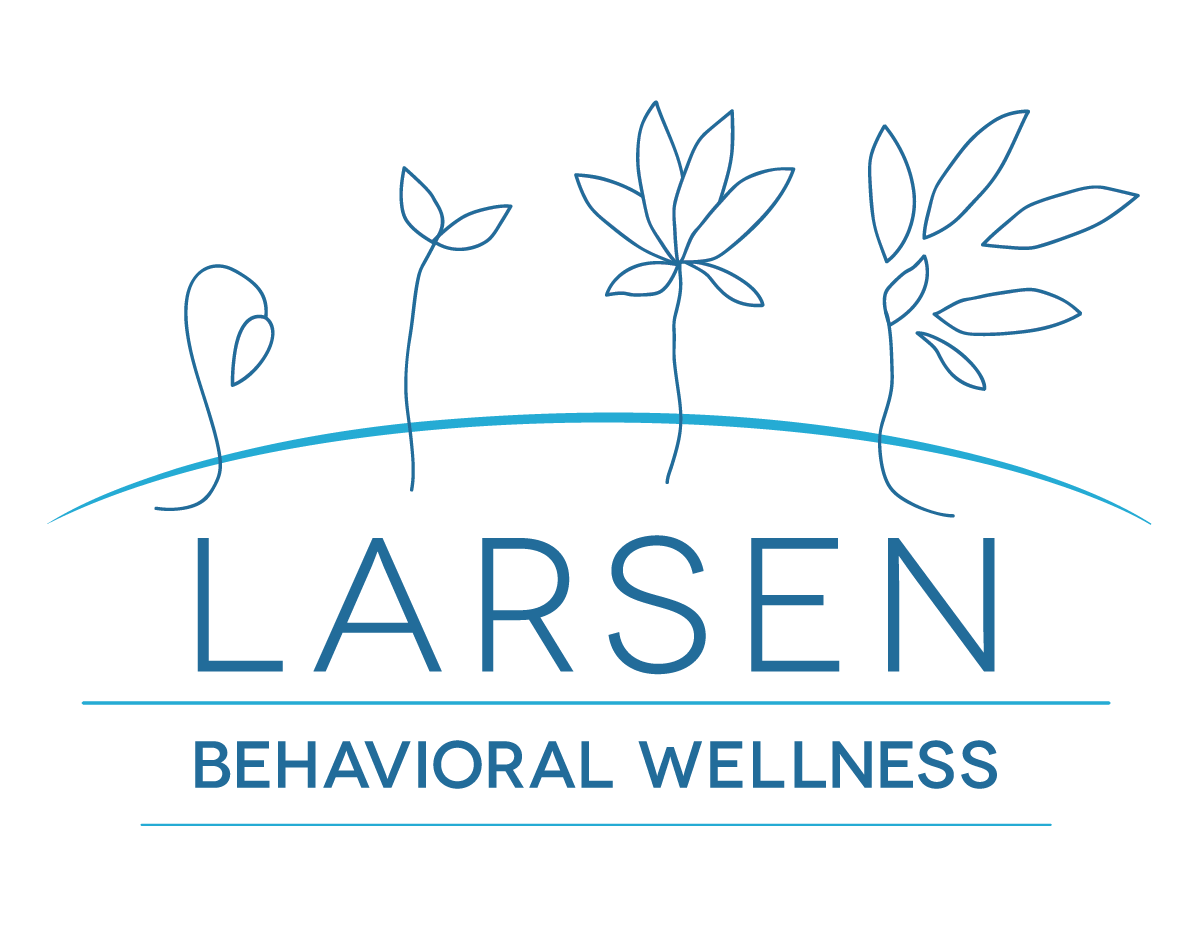A Family Reunion Survival Guide
The concept of a family reunion can stir a mix of excitement and apprehension. It's a delicate balance, navigating the intricate web of familial dynamics, understanding unique quirks and historical baggage, all while trying to cultivate an environment of harmony and joy. This guide will not only help you understand these complexities but also equip you with effective communication strategies and conflict resolution techniques. Stay tuned to explore how to plan bonding activities, manage expectations, and create unforgettable memories.
Understanding the Dynamics of Your Family
While it's true that every family has its unique quirks and dynamics, understanding these intricate relationships can be key to navigating a family reunion.
With family stress often at the heart of conflicts, it's imperative to recognize the underlying dynamics that contribute to this tension. Family members may carry historical baggage that fuels current disputes, or sibling rivalry might escalate into more serious issues.
Understanding these dynamics is the first step towards conflict resolution. It allows for empathetic, informed responses rather than reactionary ones.
It's important to remember that everyone has their own perspective and experiences that shape their reactions. By acknowledging this, one can foster a safer, more harmonious environment during family gatherings.
Effective Communication and Conflict Resolution Techniques
Given the complex dynamics inherent in families, it's crucial to master effective communication and conflict resolution techniques.
Active listening is essential; it's not just about hearing words, but understanding the feelings behind them. This fosters empathy, showing family members they're valued and their opinions matter.
When conflict arises, it's important to address it promptly and respectfully. Avoid blaming language, focusing instead on expressing feelings and needs.
Using "I" statements rather than "you" statements minimizes defensiveness, promoting a safer environment for resolution.
Planning and Participating in Activities That Foster Bonding
To deepen the connections among family members, planning and participating in activities that foster bonding is a vital step.
It's important to consider the diverse interests of all attendees. Activities such as collaborative games, team sports, arts and crafts, or shared meals can promote interaction and camaraderie. They might also try out heritage-based activities, like storytelling or cooking traditional dishes, which can add a special touch to the reunion.
Safety should be paramount when organizing activities. This includes physical safety in sports and games, as well as emotional safety during more intimate bonding exercises. It is important to consider the ages and ability levels of those who will be involved. Fostering an inclusive environment is key to promoting a successful event.
It's essential for everyone to feel comfortable and included. Therefore, communication and respect must serve as the core of every activity, fostering a sense of unity and shared experience.
Managing Expectations and Handling Stress
Even though family reunions can be an exciting prospect, they often come with a certain level of stress and pressure. It's vital to manage expectations to reduce anxiety.
Everyone's experiences and memories differ, and it's unrealistic to expect perfection. Encourage dialogue beforehand about what each member hopes to gain from the reunion. This pre-empts potential conflicts and ensures everyone's needs are considered.
Stress handling is equally important. Family reunions can be emotionally charged, and it's natural to feel overwhelmed. Encourage attendees to take breaks when needed, to breathe deeply, or to practice mindfulness.
Physical activities can also help manage stress. This proactive approach helps maintain a safe, enjoyable environment for everyone, ensuring the reunion is a positive experience.
Planning for breaks can also help to reduce stress. Opportunities for quiet time and solitude are essential. Consider this when planning accommodations and locations. Places that can handle large groups that also have opportunities for smaller groups to venture off are best when planning for a large group.
Making Memorable Moments: Capturing and Sharing the Reunion Experience
Capturing and sharing the excitement and joy of a family reunion can turn transient moments into lasting memories. It's all about embracing the here-and-now while ensuring everyone's comfort.
Photos and videos serve as tangible reminders of shared experiences. Yet, it's crucial to balance the desire to document with the need to participate. They should remember to respect everyone's comfort levels with being on camera and social media exposure.
Sharing the reunion experience can be as simple as a group chat or as elaborate as a family website. It's important, however, to ensure that all shared content is appropriate and respectful. Discuss before posting with family members. It might be helpful to distribute a consent for social media before the event to ensure everyone is on board with public posting and those who aren’t are offered an opportunity to opt-out.
This way, everyone can enjoy reliving the reunion long after it's ended, creating a lasting bond that's both safe and heartwarming.
Conclusion
In conclusion, the secret to surviving a family reunion lies not in meticulous planning but in understanding one's family dynamics, effective communication, and conflict resolution. It's about managing expectations and stress while immersing oneself in bonding activities. It's in capturing moments and sharing experiences. So, see beyond the nuances and familial baggage, embrace the quirks and differences, and create beautiful, lasting memories. After all, it's these gatherings that, despite their complexities, truly enrich the tapestry of our lives.
If a recent family reunion has led to significant distress, therapy and/or family therapy can help. The therapists are Larsen Behavioral Wellness are expertly equipped to help you and your family. We specialize in family therapy, conflict resolution, stress management, and much more. Reach out today to schedule an appointment at our Hoboken or Mendham locations or online with one of our top rated therapists.

